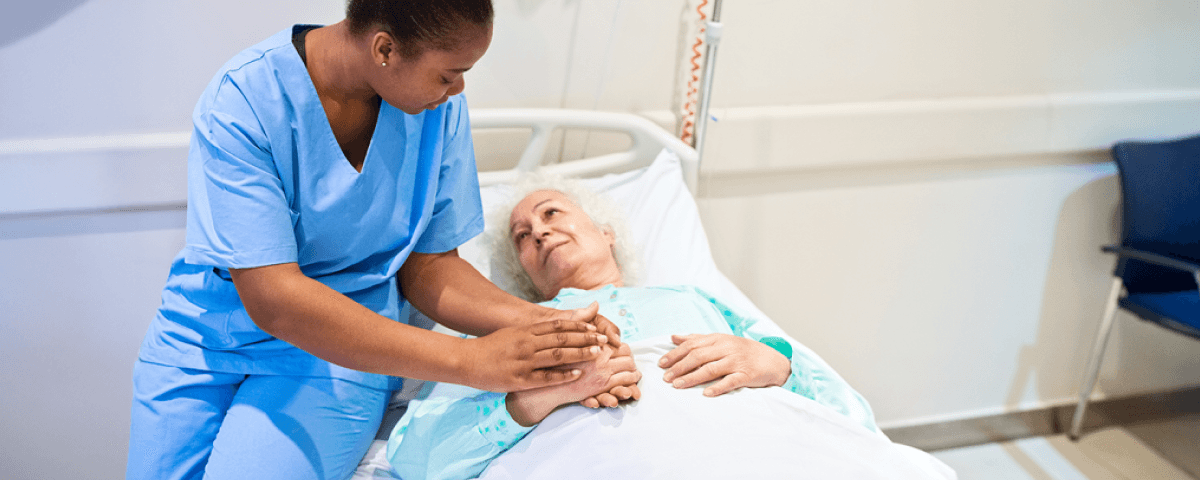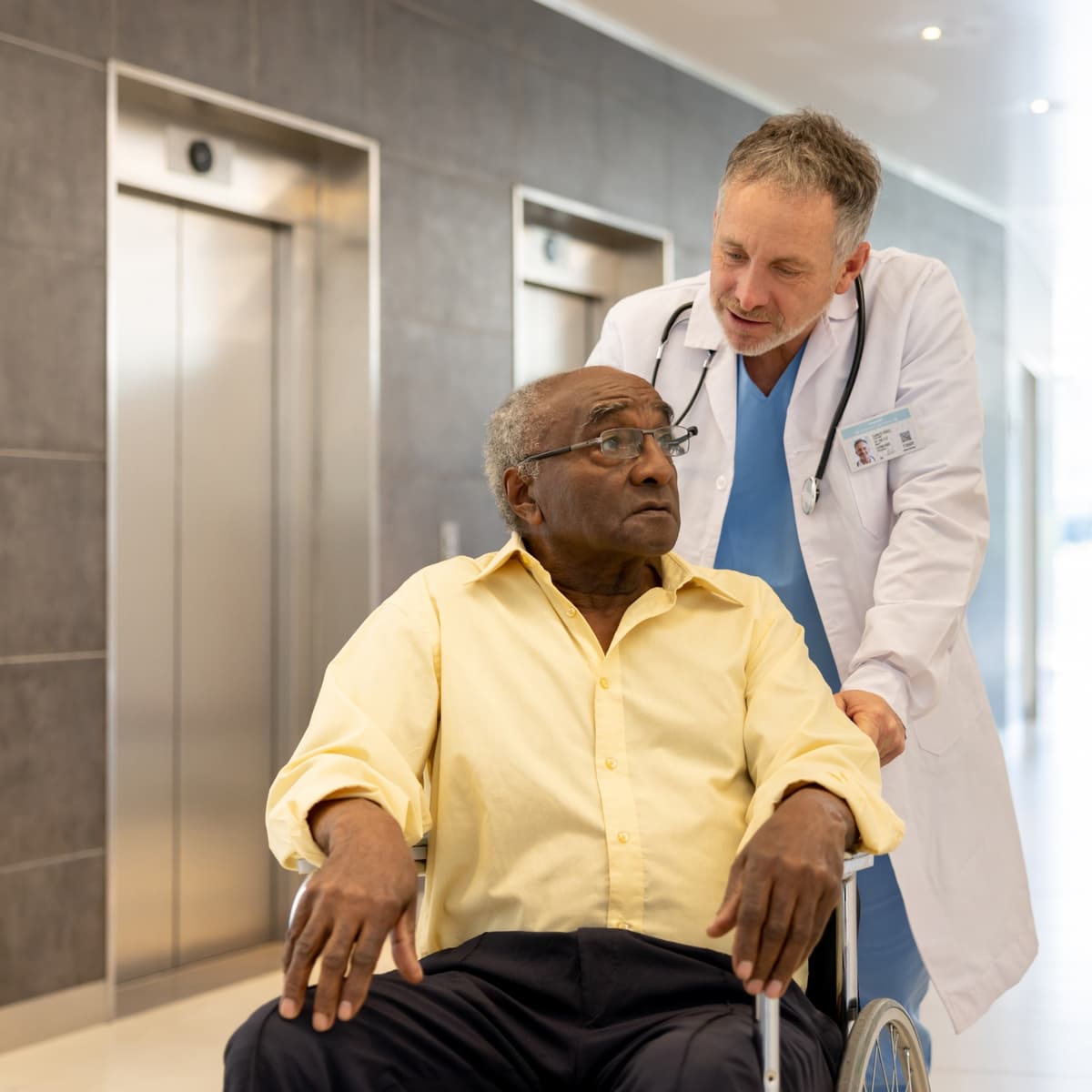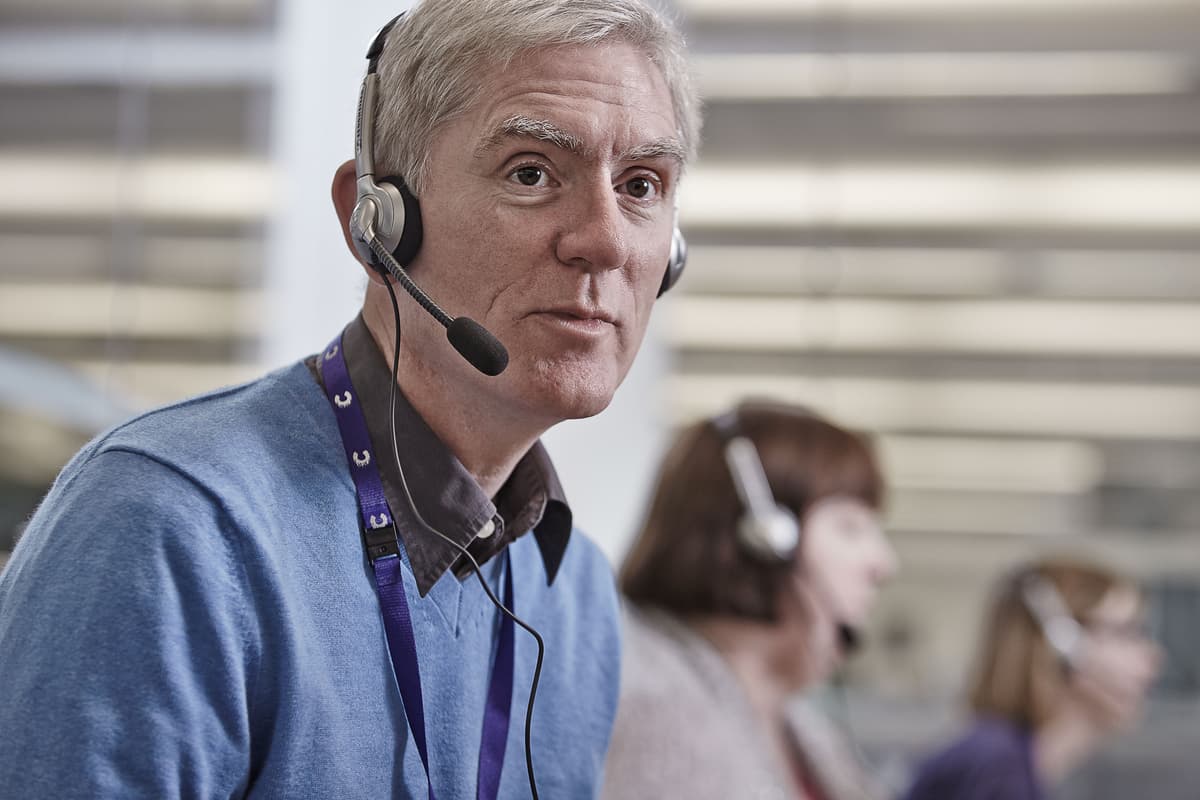
DETERMINE for patients
About DETERMINE
DETERMINE is a tumour agnostic trial. This means that it doesn’t matter what type of cancer you have, or where it started in the body.
Eligibility criteria
Adults, teenagers and children who have a genetic change in their cancer are eligible for this trial (e.g. a rare form of cancer, or a common form of cancer with a rare genetic change). Your tumour must be screened for actionable genetic alterations prior to the trial. This can be done through the NHS Genomics Medicine Service.
In addition, patients must meet the following:
exhausted (or declined) standard-of-care treatment options
no effective standard treatment available
disease progression on previous treatments
What is DETERMINE and what to expect
DETERMINE for adults
The trial is open at 16 sites for adults.
Find out who can take part and what to expect if you do join the trial.
DETERMINE for children
The trial is open at 11 sites for children.
Hear about who can take part and what to expect if your child or paediatric patient participates. You can watch this video with your child to help them understand the trial.
How to take part
Step 1: Speak to your doctor
The doctor will talk to you about the trial. If you're a patient at a participating site, you'll be given a patient information sheet.
Step 2: Make a decision
You'll be able to ask any questions and think about whether you want to take part. If you do, you'll be asked for consent to share your data to assess if the trial is suitable for you.
Step 3: Referral
Your doctor will contact a suitable participating site where the trial is taking place. They'll share your clinical data with the site and discuss your eligibility.
Things to ask your doctor
Joining a clinical trial is a big decision. Before speaking to your doctor, it's useful to write a list of questions to ask them. You may want to know:
the number of hospital appointments you'll need to attend and where
the length of the treatment
what is required of you as a patient on the trial
how your clinical data will be handled and reviewed
what happens if you no longer wish to take part
Read our advice on questions to ask before joining a clinical trial
Frequently asked questions
What is a clinical trial?
Clinical trials are medical research studies which involve people. All new treatments need to be thoroughly tested before being made available. New drugs are first tested in a laboratory. If they look promising, they are tested on people.
Find out more about clinical trials
What happens if I join a trial?
Depending on which drug you are given, it will be taken orally or through your bloodstream. Any side effects of your treatment will be monitored and treated during these appointments.
You can stay on the trial for as long as the treatment is helping you.
Once you have stopped taking the treatment, you'll have an End of Treatment Visit approximately a month later.
Follow up visits will be conducted every 3 months for 2 years to monitor any side effects. These may be conducted virtually or over the phone.
What support do I get during the trial?
Before deciding if the trial is right for you, you'll get detailed information about the trial. This will be in what we call an informed consent document. The nurse and/or doctor will also discuss the trial with you. They'll be able to describe what the trial involves and answer any questions that you or your friends/family may have.
If you decide to take part in the trial, support will be available through a dedicated trial team. You'll get the contact details of your trial team so you can call them at any time.
Further support is provided for reimbursement of reasonable travel expenses for trial visits.
What side effects should I expect?
The side effects you may experience will depend on the treatment you receive.
All the drugs used in the trial are already licensed for treating certain types of cancer. This means that most of the side effects are well-known and your doctor will talk to you about them. But there may be other side effects we don't yet know about.
Your doctor will check up on you regularly to see if you are experiencing any side effects and treat them if you are.
Other things you may be interested in

Centre for Drug Development
The Cancer Research UK Centre for Drug Development (CDD) partners with academics, biotech, and pharma to deliver early-phase clinical trials.

Patient involvement
Cancer Research UK actively involves people affected by cancer in their work. This insight is helping beat cancer sooner while ensuring the needs of patients and their families and loved ones are met.

Cancer Chat
Cancer Chat is Cancer Research UK's fully moderated forum where you can talk to others affected by cancer, share experiences and get support. Cancer Chat is free to join and available 24 hours a day.